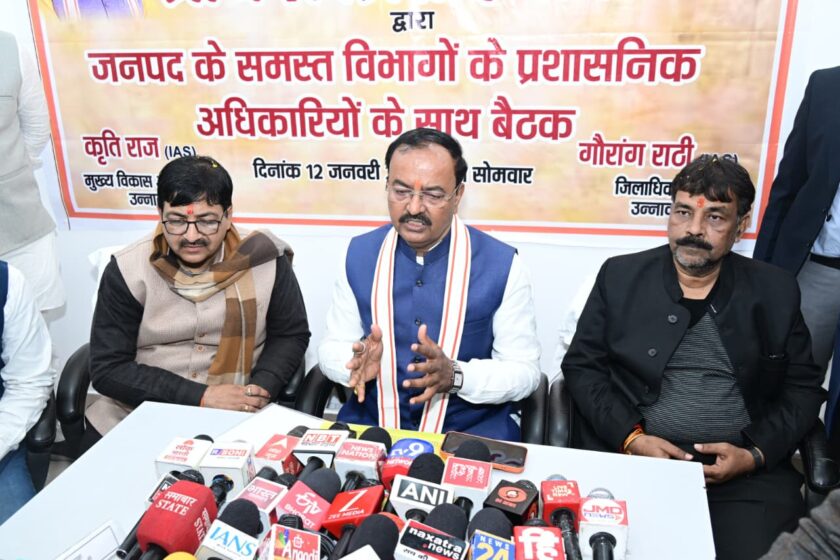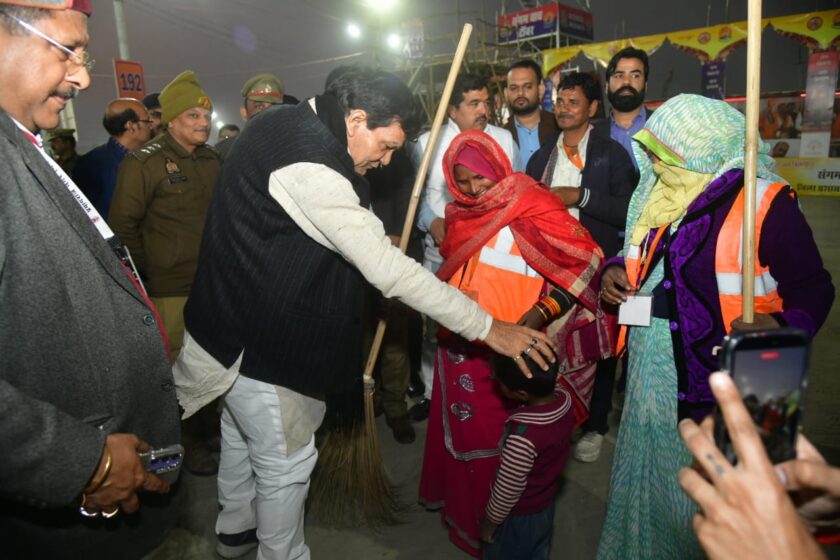Lucknow: Due to air pollution, authorities announced on Tuesday that schools in all eight districts of western Uttar Pradesh that are a part of the National Capital Region (NCR) have been forced to convert to online instruction.
In addition to Muzaffarnagar and Shamli, the districts that have discontinued physical courses include Meerut, Ghaziabad, Gautam Buddh Nagar, Bulandshahr, Baghpat, and Hapur (all six parts of the Meerut Division). Delhi, eight districts of Uttar Pradesh, two districts of Rajasthan, and fourteen districts of Haryana make up the National Capital Region (NCR). It covers 14,826 square kilometers in Uttar Pradesh.

According to Divisional Commissioner (Meerut) Selva Kumari J, “all the schools in these districts have been directed by their administrations to switch to the online medium for classes because of the air pollution levels until further orders.”
“Depending on the weather, the physical class suspension may be prolonged,” the officer said. According to her, the division is also implementing the Graded Response Action Plan (GRAP) principles. The GRAP is a detailed plan that specifies what should be done at various air pollution levels, from mild to severe.

Road restriction and heavy vehicle traffic diversions, the prohibition of certain industrial operations, and dust control measures are some examples of these efforts. In the NCR and surrounding regions, the Center’s Commission for Air Quality Management (CAQM) invokes the GRAP. Anti-pollution actions are being implemented in these six districts in accordance with the air quality index and the GRAP rules, she said.
In Gautam Buddh Nagar, Ghaziabad, Baghpat, Bulandshahr, Hapur, Meerut, Muzaffarnagar, and Shamli, the district magistrates have issued orders to suspend in-person lessons and convert to online teaching till further notice. During an online conference with representatives from the relevant ministries on Tuesday, Meerut District Magistrate Deepak Meena ordered strict adherence to the CAQM’s standards. Under GRAP Stage-4, construction and destruction are forbidden. To avoid dust pollution, water must be sprayed often, Meena said. He also underlined the need of taking prompt action to stop rubbish burning occurrences and punishing offenders.









